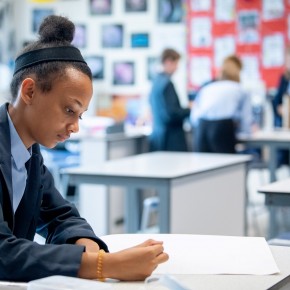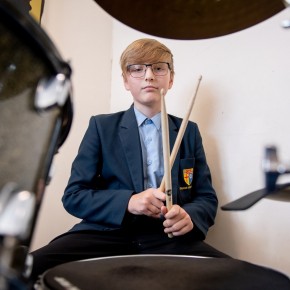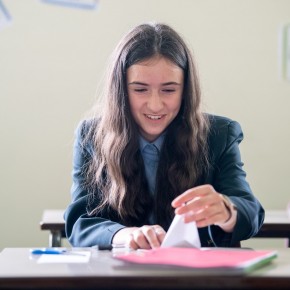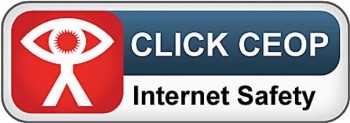In years 7 and 8 students will have 7 science lessons a fortnight. Our schemes of learning are based on the Key Stage Three National Curriculum for Science with plenty of practical investigations and opportunities to develop depth of knowledge. Students will study the following topics:
|
Year 7 |
|
Cells – students will explore different types of cell, looking at how cells are the building blocks of life; considering how our understanding of living things have changed through history and incorporating ideas about reproduction – both in plants and animals. Eating, Drinking and Breathing – in this second biology topic, students will find out about healthy diets and will study how our food is digested by our bodies. Students also study our breathing systems and will look at how lifestyle choices and disease can affect breathing. Mixing, Dissolving and Separating – this is the first introduction to science at high school and students will become more familiar with using laboratory equipment safely and effectively. Students will also look at solubility and will study distillation and chromatography as useful ways of separating mixtures. Elements, Compounds and Reactions – in this topic students will consider how ideas about elements, and atoms have changed over history. Students will begin to understand the periodic table, they will consider the usefulness of simple models to help us understand how elements join and react together to make new materials. Forces and their Effects – Students will consider different types of force and things that forces do. They will look at friction in more detail (the useful and unwanted) and will be introduced to levers and turning forces. Energy Transfers and Sound - in this second physics topic, students will look at energy stores and energy transfers. They will study fuels as special chemicals that release energy when burnt and will look at how energy is carried by sound.
|
|
Year 8 |
|
Plants and Ecosystems – students will find out about the environment and will look at the relationships between organisms in the environment. They will look at the role of plants as producers and will find out about plant adaptations, plant transport systems and the minerals plants need to keep them healthy.
Your Body Needs – students will explore the roles of the skeleton, action of muscles as well as looking at aerobic and anaerobic respiration.
Particles– students will revisit the particle model and use it to explain different states of matter. They will also consider how the particle model can be used to explain density, concentration and diffusion. Students will build on a basic understanding of particles by learning about atomic theory.
Chemical Changes – In this topic students will find out about acids, alkalis and indicators. They will study acid and alkali reactions and also look at combustion in detail.
Contact and Non-Contact Forces – students will look at gravity and space travel; electrostatic and magnetic forces; and pressure, floating and sinking.
Magnetism and Electricity – students will look at how magnets work in more detail. They will find out about electromagnets and will look at series and parallel circuits. |









